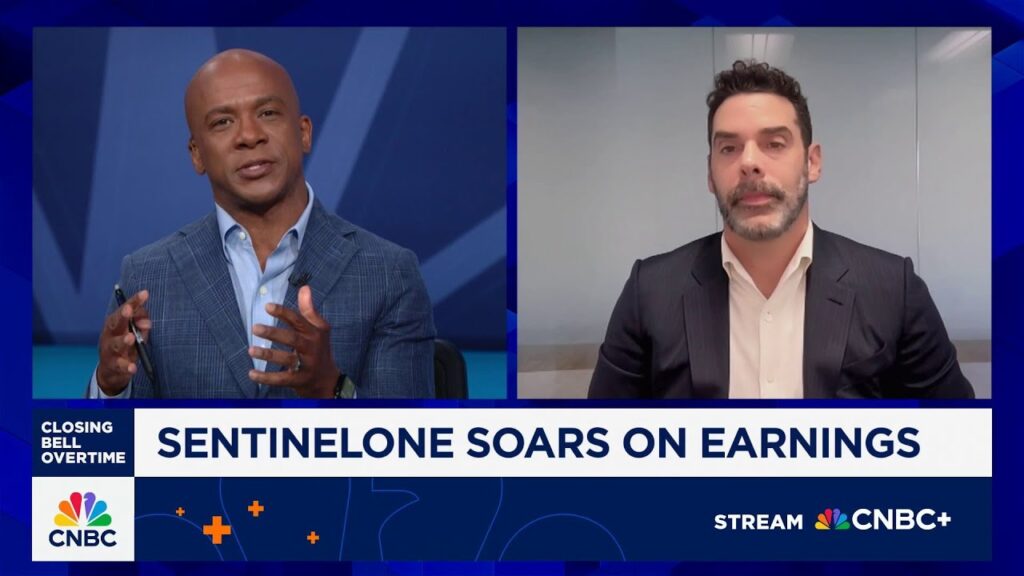
In a recent interview on CNBC's "Closing Bell Overtime," Tomer Weingarten, Co-Founder and CEO of SentinelOne, issued a stark warning about the accelerating capabilities of cyber attackers powered by artificial intelligence. He emphasized that as AI advances and permeates industries, it equally empowers adversaries, escalating the cyber threat landscape at an unprecedented pace.
Weingarten discussed with host Frank Holland how AI’s rapid evolution is reshaping cybersecurity. This includes both the growing risks enterprises face and the innovative solutions needed to defend critical digital assets effectively.
A particular focus was on the widespread adoption of generative AI and large language models (LLMs), many of which are currently not optimized for production environments. This leads to vulnerabilities such as data leakage and unreliable outputs, posing major challenges for organizations trying to maintain control of sensitive data.
The CEO noted the 'nightmare' scenario for enterprises stemming from employees' unsanctioned use of AI tools—sometimes referred to as shadow AI. Without tight security controls and visibility, this unauthorized usage threatens to compromise organizational governance.
For AI technologies to be safely incorporated into essential business workflows, Weingarten stressed the need for 'production-grade' security. Establishing robust guardrails and predictability is critical to unlocking AI’s full potential while mitigating associated risks.
SentinelOne, with its extensive decade-long experience deploying AI-powered cybersecurity solutions across millions of devices and workloads, is strategically positioned to address these concerns. Their product suite targets secure adoption of generative AI by enabling organizations to manage, sanitize, filter, and process data in real time, reinforced by AI-based analytics—features Weingarten called a 'priceless component.'
The company reported strong customer demand, with a 23% year-over-year increase in clients spending more than $100,000 in annual recurring revenue during Q2, underscoring market recognition of the growing security needs around AI.
Additionally, SentinelOne introduced a Flex licensing model, giving clients flexible access to their full platform and allowing use of specific tools on demand. This model aims to boost platform adoption and tailor consumption to customer needs, reflecting the company’s focus on delivering superior experience and value.
Tomer Weingarten also addressed AI’s workforce impact, noting that AI currently automates narrow workforce and workflow tasks. He expects this adoption will broaden and mature, becoming more accurate and secure. SentinelOne is actively building advanced AI security products to support this transition.
The discussion highlighted the urgent imperative for enterprises to enhance cybersecurity strategies in the AI era. As AI accelerates both innovation and threats, organizations must implement production-grade security measures to safeguard their digital futures.
For the original article, visit StartupHub.ai.
